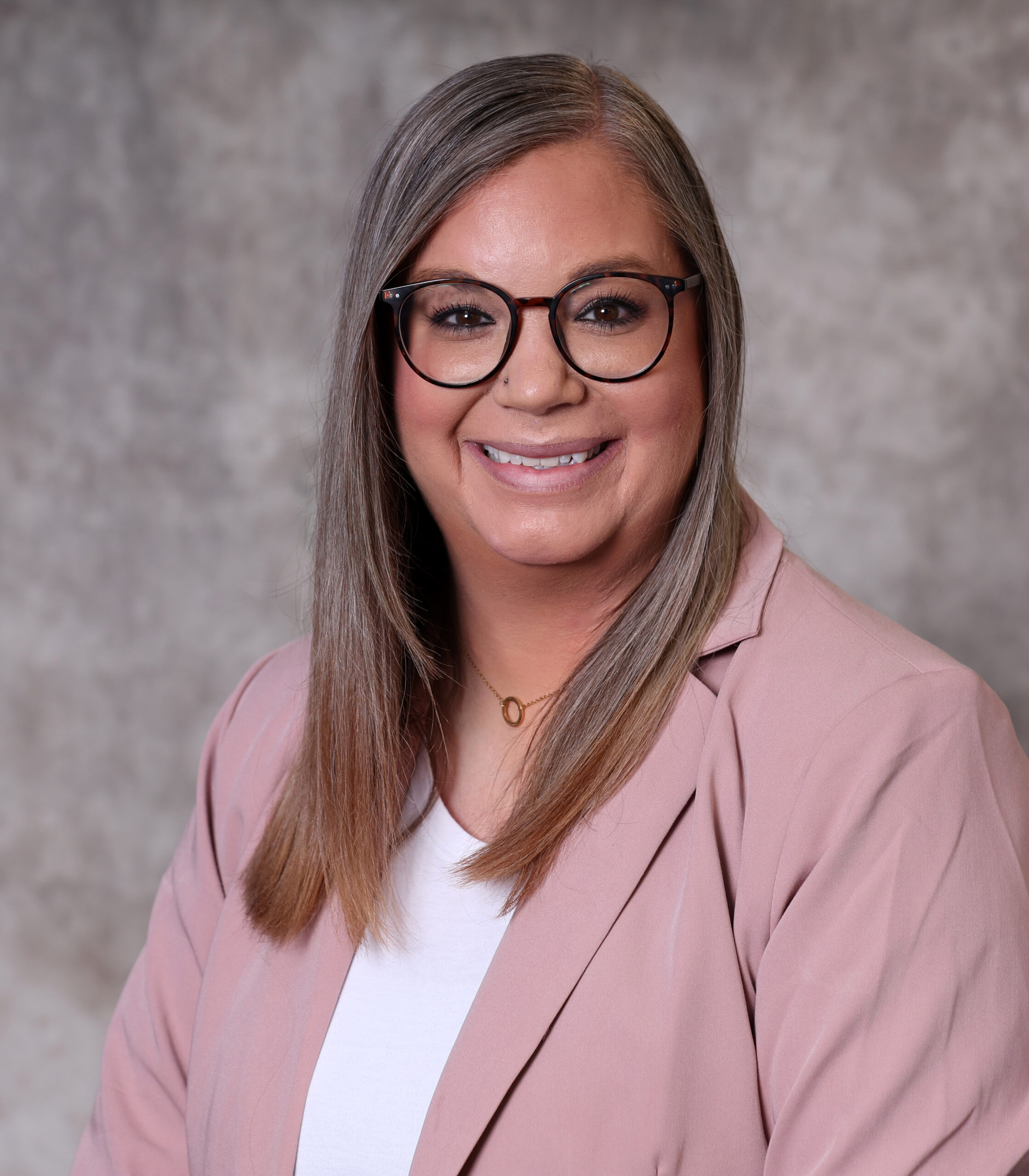Older adults are a common target for scammers, partly because they often have more money and assets than young adults, and partly because they may be more likely to miss the signs of a scam compared to a young digital native.
While scammers can take on a variety of personas and tactics, some of the most common financial scams targeting older people include government impersonation scams, sweepstakes scams, and robocall scams. If you have aging parents, help them avoid falling victim to one of these attempts by teaching them the following best practices.
Prevent unwanted solicitations
You can opt your parents out of unwanted sales calls by registering their phone number on the Federal Trade Commission’s National Do Not Call Registry. Keep in mind, this only prevents legitimate telemarketers from calling. However, you can tell your parents that any sales pitch calls they continue to receive are most likely illegitimate offers.
Block spam calls
Teach your parents how to spot a phone call scam with the red flags outlined in this article and how to block a phone number. Some smartphones now have a “potential scam” warning in the caller ID to help users know when not to answer. However, keep in mind that not all fraudulent calls will be marked this way.
Prepare a script
While it is perfectly acceptable to just hang up on a caller when you detect it is a scam, some seniors hesitate to do so, especially if they are not certain it’s fraudulent. One way to avoid having to carry on a conversation with a scammer is to simply send unknown numbers that call to voicemail. They can then spot the red flags in the voicemail message to avoid talking to a potential scammer at all. If they do answer the phone, help them prepare a script they can use to get a scammer off the phone.
Make a plan for scams that involve impersonating a loved one in danger
Fraudsters often impersonate a senior’s loved one and claim they are in danger and in need of immediate financial assistance. Help your parent make a plan for how they will verify the loved one’s identity if they get such a call. This plan can include verification questions, code words, and any other pre-determined way of making sure it really is the loved one on the other end.
Sign your parents up for online banking and notifications
Fraud detection is extremely important because no matter how many precautions you take, you may still fall victim. Your bank should have many fraud prevention and detection tools built in and ways to alert you when they identify a fraud attempt. The fastest and most secure way to receive these alerts are through online banking notifications. Help your parents set up their accounts or have them make an appointment with their banker for an account set up and tutorial.
Share resources
There are many resources available for helping seniors learn about fraud as well as resources to help after they have fallen victim to a scam. Here’s a short list of resources they should keep handy:
- Their financial institution. Their bank should be offering education around fraud, as well as a phone number to immediately call if they have fallen victim to a scam or have noticed suspicious activity on their account.
- The Federal Trade Commission (FTC). The FTC offers articles and events with the purpose of educating consumers about fraud. They also have an online form for reporting fraud attempts so they can investigate and stop the scammer in their tracks.
- The National Council on Aging (NCOA). The NCOA offers online resources and guides for both seniors and their caregivers, which includes some resources about fraud prevention.
Ultimately, protecting your parents from scams boils down to one important rule they have likely taught you before too: be cautious around strangers, especially ones that appear spontaneously and urge you to take action immediately. And if a stranger’s offer sounds too good to be true, it probably is.








 Equal Housing Lender. SBA Preferred Lender. NMLS #440379
Equal Housing Lender. SBA Preferred Lender. NMLS #440379